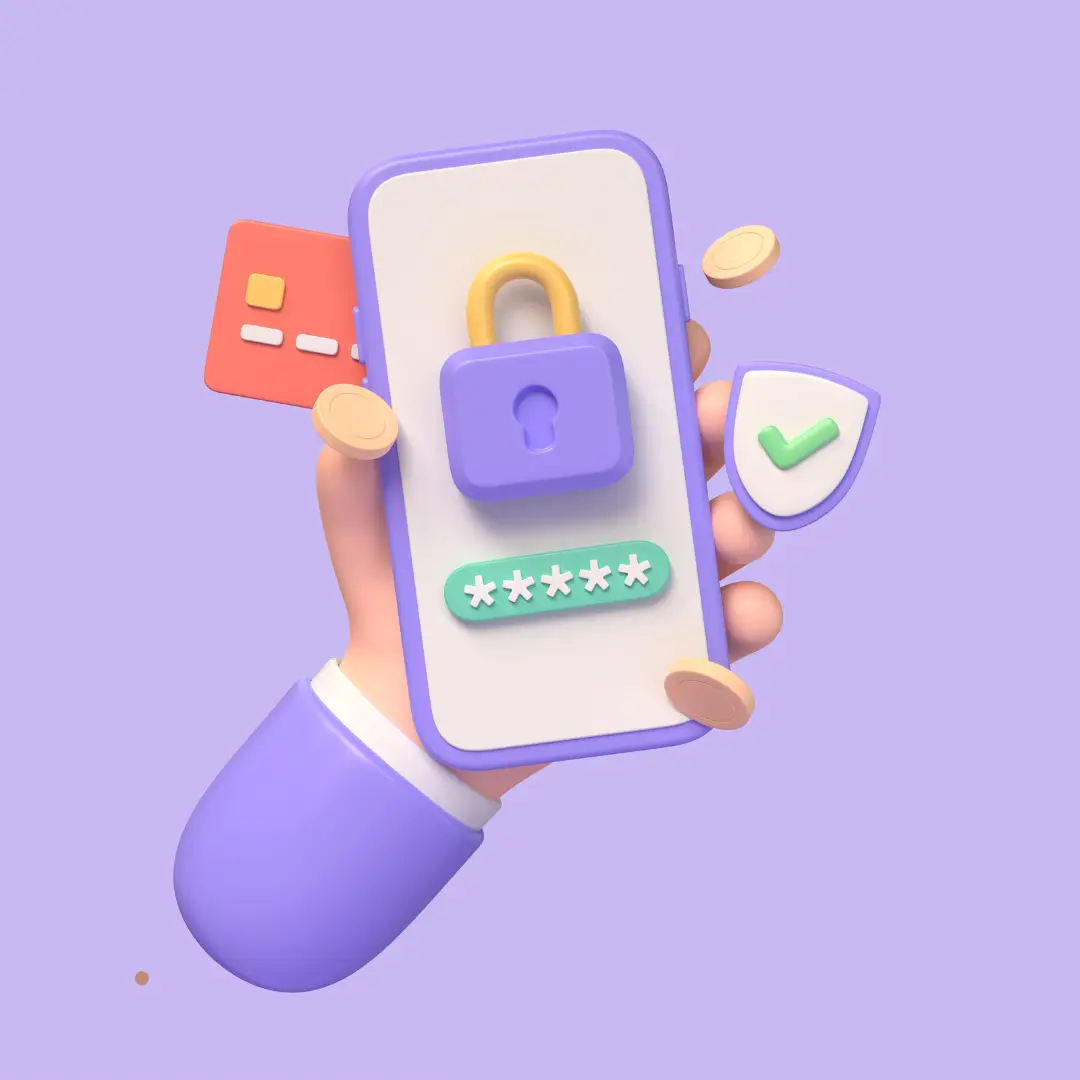With the rise of e-commerce and digital payments, the cyber security online transactions has become an absolute priority. In 2025, cyber attacks will increasingly sophisticatedand put businesses and consumers at risk.
📊 Some alarming figures:
✔ 63% of online fraud is linked to the theft of banking data.
✔ 1 in 10 online transactions is targeted by a fraud attempt.
✔ Global e-commerce expected to reach 8,000 billion dollars by 2025attracting cybercriminals.
💡 An unsecured online transaction can lead to financial loss, reputational damage and legal sanctions.
🔒 1. Opt for a secure payment protocol (SSL/TLS & HTTPS)
L'use of HTTPS protocol is essential for securing data exchanges between a user and a website.
📌 Why is HTTPS crucial?
✔ It guarantees data encryption via SSL/TLS.
✔ It protects sensitive information such as credit card numbers.
✔ It is a Google referencing criterion (SEO friendly).
📢 Recommendation: Always check that the site displays 🔒 HTTPS before making a payment.
🏦 2. Adopt PCI DSS-compliant payment solutions
📌 What is PCI DSS?
Visit Payment Card Industry Data Security Standard (PCI DSS) is a set of rules guaranteeing bank data protection.
✅ Best practices :
✔ Favoring certified payment solutions (Stripe, PayPalAdyen, Mollie)
✔ Never store credit card numbers on its website
✔ Set up a strong authentication to validate payments
📲 3. Use strong authentication (3D Secure 2.0 & biometrics)
L'Strong Customer Authentication (SCA) became mandatory in Europe with the PSD2 directive.
✅ Secure technologies :
✔ 3D Secure 2.0 double-checking by SMS code or mobile notification
✔ Biometric authentication fingerprint or facial recognition
✔ Payment tokens to limit exposure of banking data
💡 Example: Payment with 3D Secure 2.0 requires validation by the banking application of the user.
🔍 4. Detecting and preventing online fraud
📌 Techniques used by cybercriminals :
🔴 Phishing : Fake payment page to steal your data
🔴 Skimming : Data capture via malware
🔴 Bank card fraud : Unauthorized use of banking information
✅ Best practices to avoid fraud :
✔ Check URL before entering bank details
✔ Never register your bank card on a dubious site
✔ Set up a behavioral analysis to spot suspicious transactions
📢 Recommendation: Solutions like Riskified, Signifyd or Stripe Radar analyze payments in real time to block fraud.
🔐 5. Encrypt data and use payment tokens
📌 Why encrypt payment data?
Visit encryption ensures that bank details remain confidential unreadable in the event of interception.
✅ Best practices :
✔ Use encryption 256-bit AES
✔ Give priority to payment tokens instead of storing card numbers
✔ Set up a multi-stage validation system
📧 6. Raise user awareness and train employees
🚨 80% of online fraud is due to human error.
✅ Key measures :
✔ Train teams to identify phishing attempts
✔ Raising customers' awareness of risks of online transactions
✔ Avoid connections to unsecured public Wi-Fi networks
💡 A well-informed company reduces its risk of fraud by 70%!
🔄 7. Carry out regular security audits and updates
📌 Why is this important?
Hackers often exploit known security vulnerabilities to steal banking information.
✅ Best practices :
✔ Update CMS (WordPress, Shopify, Magento)
✔ Use firewall and professional antivirus
✔ Carry out regular safety audits with penetration testing
📢 Recommendation: Calling on a cybersecurity agency to test the robustness of your payment system.
🏆 Conclusion: The security of online transactions, a major challenge in 2025
By 2025, online attacks will be even more sophisticated. It is essential to protect online payments to ensure customer confidence and your company's reputation.
📌 Summary of best practices :
✅ Use HTTPS and SSL/TLS for data encryption
✅ Adopting solutions PCI DSS-certified
✅ Set up thestrong authentication (3D Secure, biometrics)
✅ Analyze transactions to detect fraud
✅ Encrypt bank data and avoid storing it
✅ Raising customer and employee awareness of cybersecurity risks
✅ Performing regular security updates and audits
💬 Need help securing your online transactions? Contact our cybersecurity experts for a tailor-made solution!







